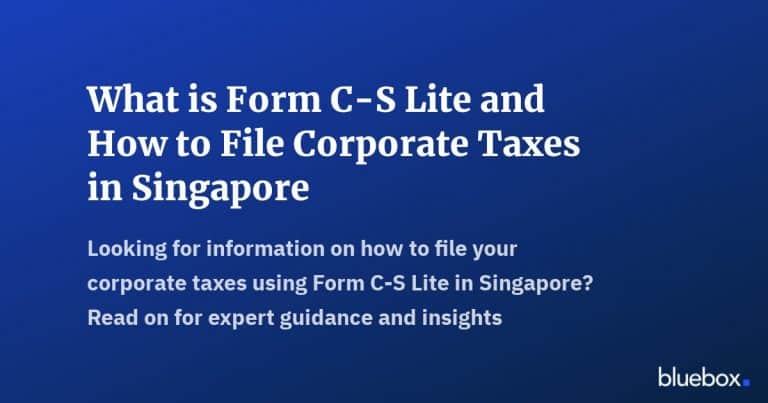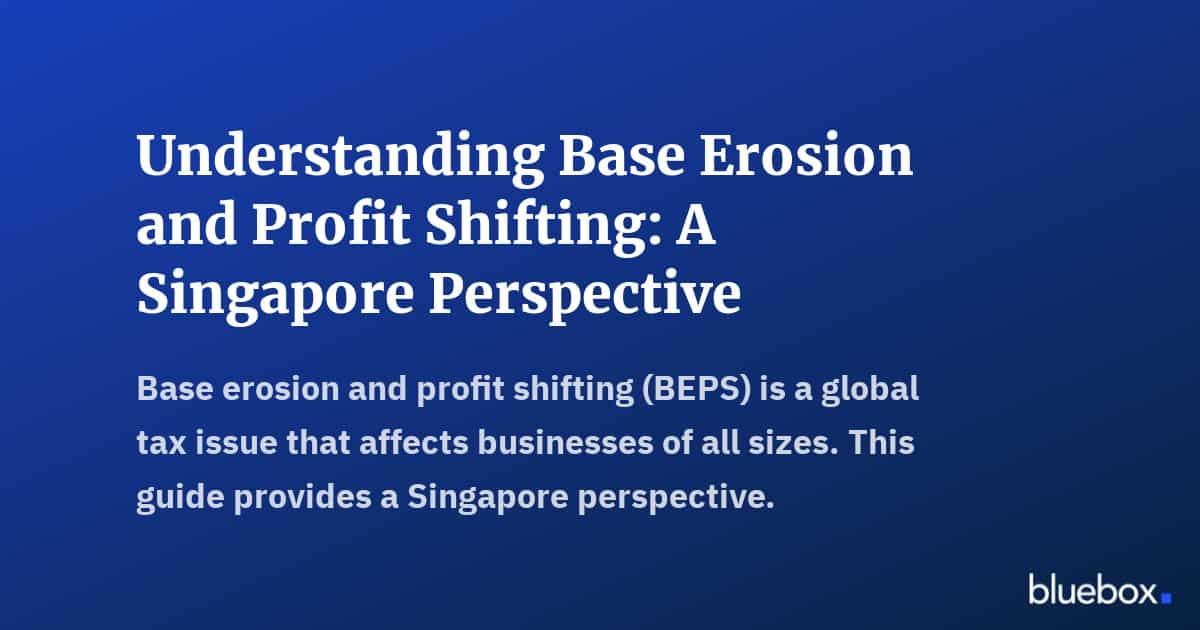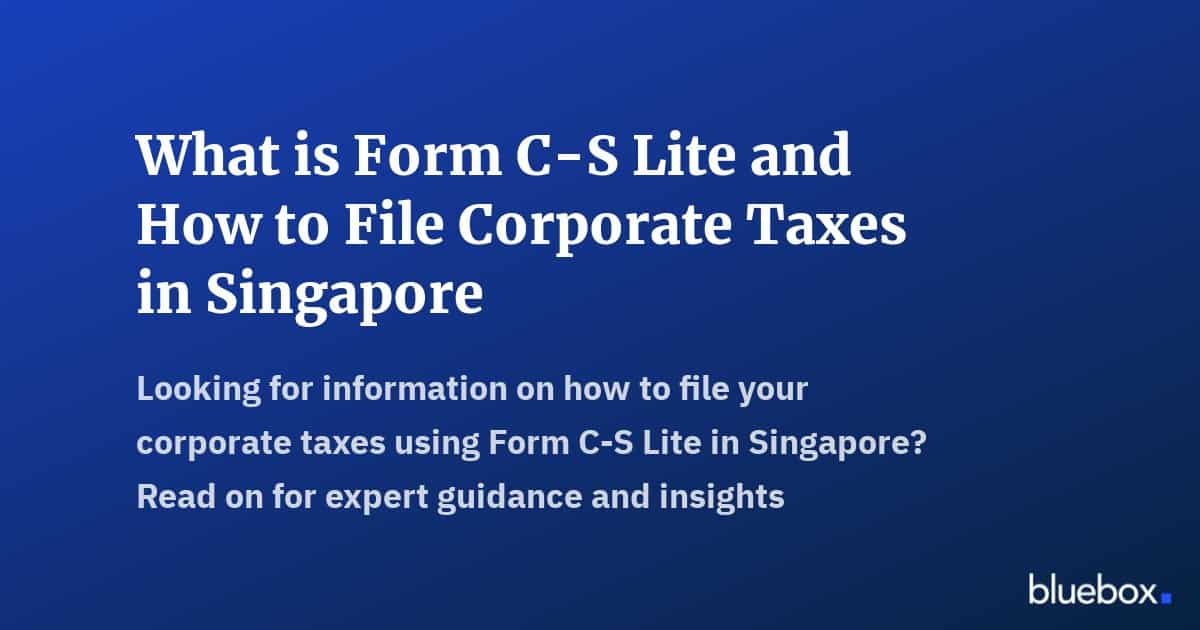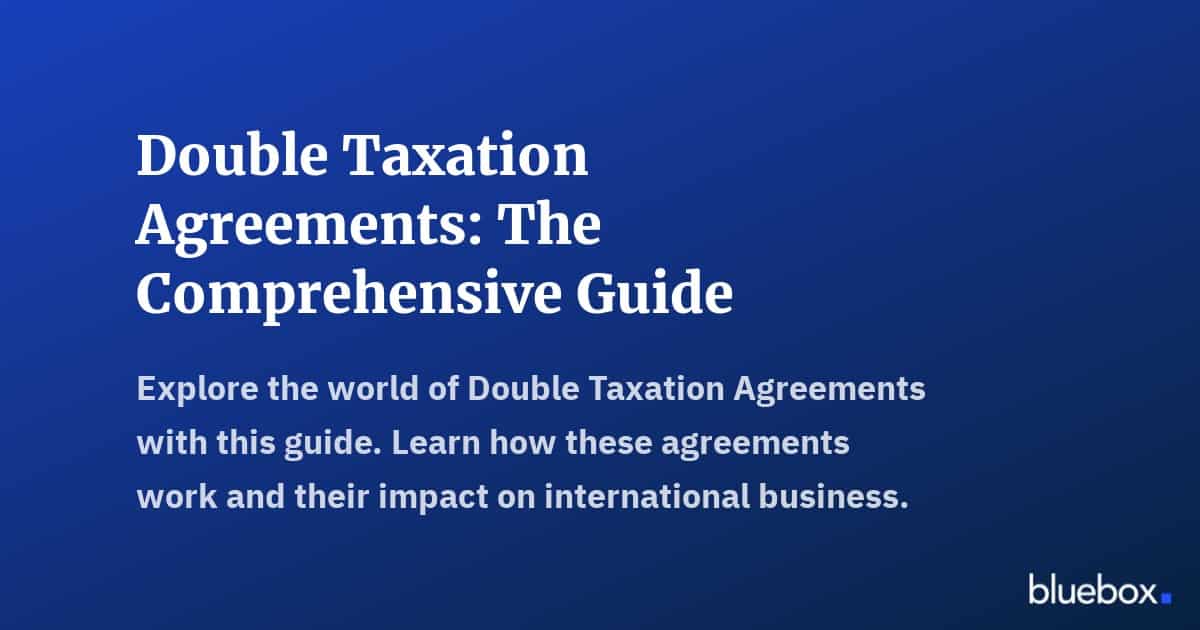

What is Form C-S Lite and How to File Corporate Taxes in Singapore
Corporate tax filing can be a tedious and complicated process for small businesses in Singapore. With so many different forms and requirements, it can be challenging to know which forms to fill out and when to submit them. However, one form that small businesses in Singapore should be aware of is Form C-S Lite. In this article, we will explain what Form C-S Lite is and how small businesses in Singapore can file their corporate taxes using it. What is Form C-S Lite? Form C-S Lite is a simplified version of the Corporate Income Tax Return (Form C) in Singapore.








Understanding Base Erosion and Profit Shifting: A Singapore Perspective
As a startup founder or small business owner in Singapore, you may have heard of…
What is Form C-S Lite and How to File Corporate Taxes in Singapore
Corporate tax filing can be a tedious and complicated process for small businesses in Singapore….
2023 Income Tax Filing Deadline for Singapore Individuals and Businesses
The income tax deadline for 2023 in Singapore is fast approaching, and it is vital…
Double Taxation Agreements: The Comprehensive Guide
Double Taxation Agreements (DTA) are agreements between two countries which provide for the avoidance of…
How To Reduce Income Tax In Singapore
Taxes are an unavoidable reality of life. Reducing the amount of tax that you pay…
Corporate Tax Planning: How To Reduce Corporate Tax
Corporate tax planning is a critical component of any business’ financial planning strategy. With the…












